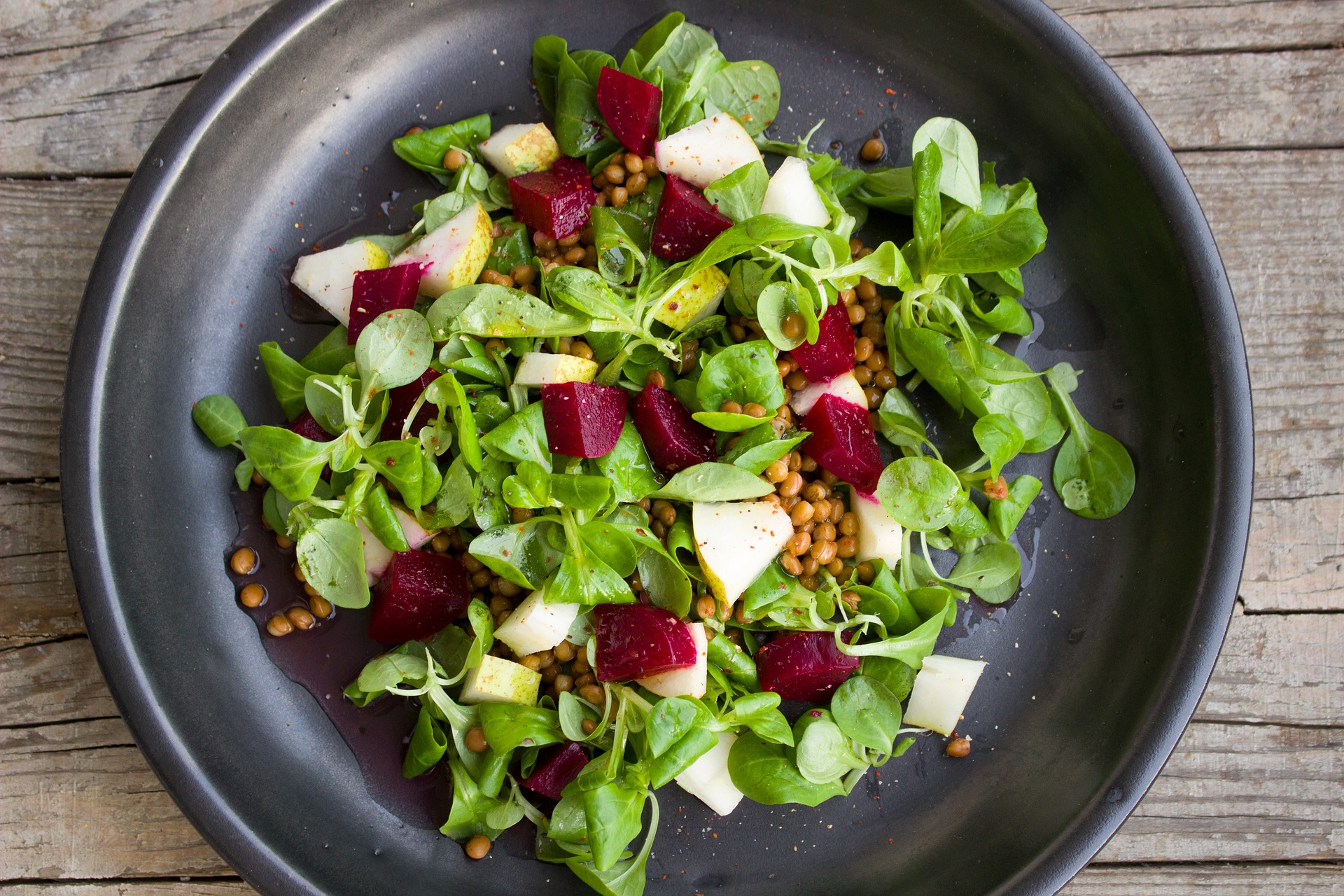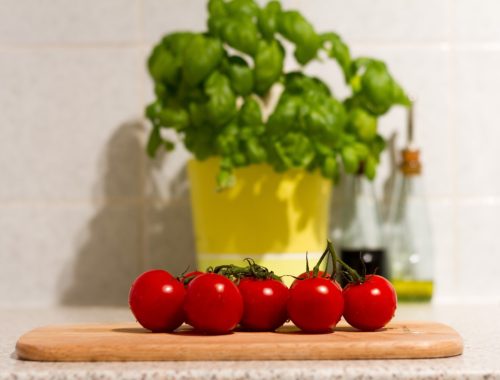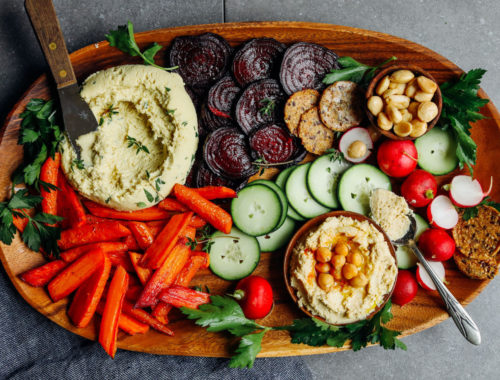Prevent
Meat-Eater vs. Vegetarian: Which Diet is Better for Cancer Prevention?
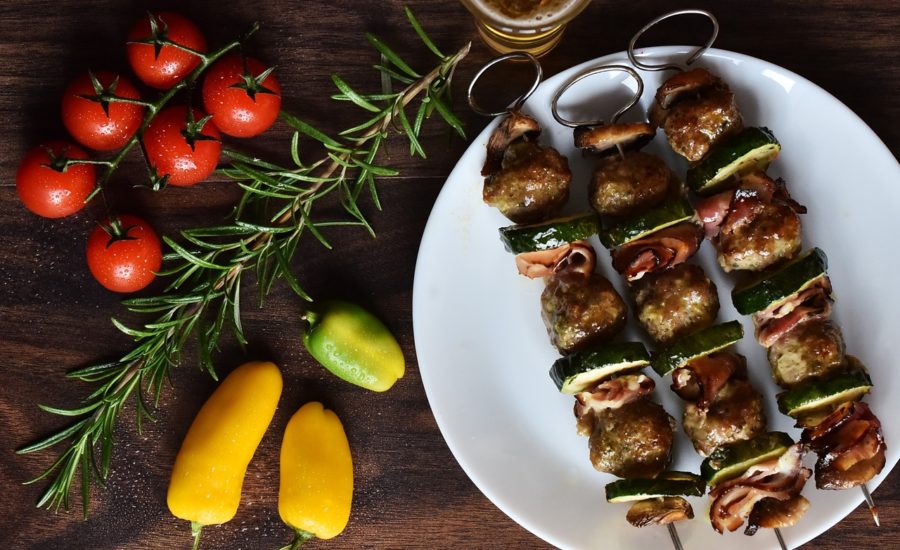
Research shows that a diet accounts for 30% of all cancers, so which is the better choice: eating meat or going vegetarian?
Red and processed meats have been pegged as likely carcinogens, while eating as little as eating as little as 2.5 cups of fruits and veggies a day can significantly reduce the likelihood of developing cancer. Check out some of the many benefits of starting a plant-based diet.
Hazards of the Western Diet: Too Much Meat, Too Few Fruits and Veggies
The Western diet common in developed countries includes a lot of red and processed meats, sugar, and refined grains, and very little fruits and vegetables.
Processed and red meat are considered carcinogenic, or cancer-causing, to humans because of their potentially harmful chemicals. The added and naturally occurring substances in these meats can react with the body in ways that cause cancer growth.
Studies have shown that eating just 50 grams of processed meat a day increases the risk of colorectal cancer by 18%. That’s only about 1 hot dog or 4 pieces of bacon.
Studies have also linked diets that cause higher insulin levels with increased colon cancer risk. The saturated fats found in fatty meats (beef, lamb, pork, poultry with skin) and dairy products (lard, cream, butter, cheese) can increase the insulin produced by your body.
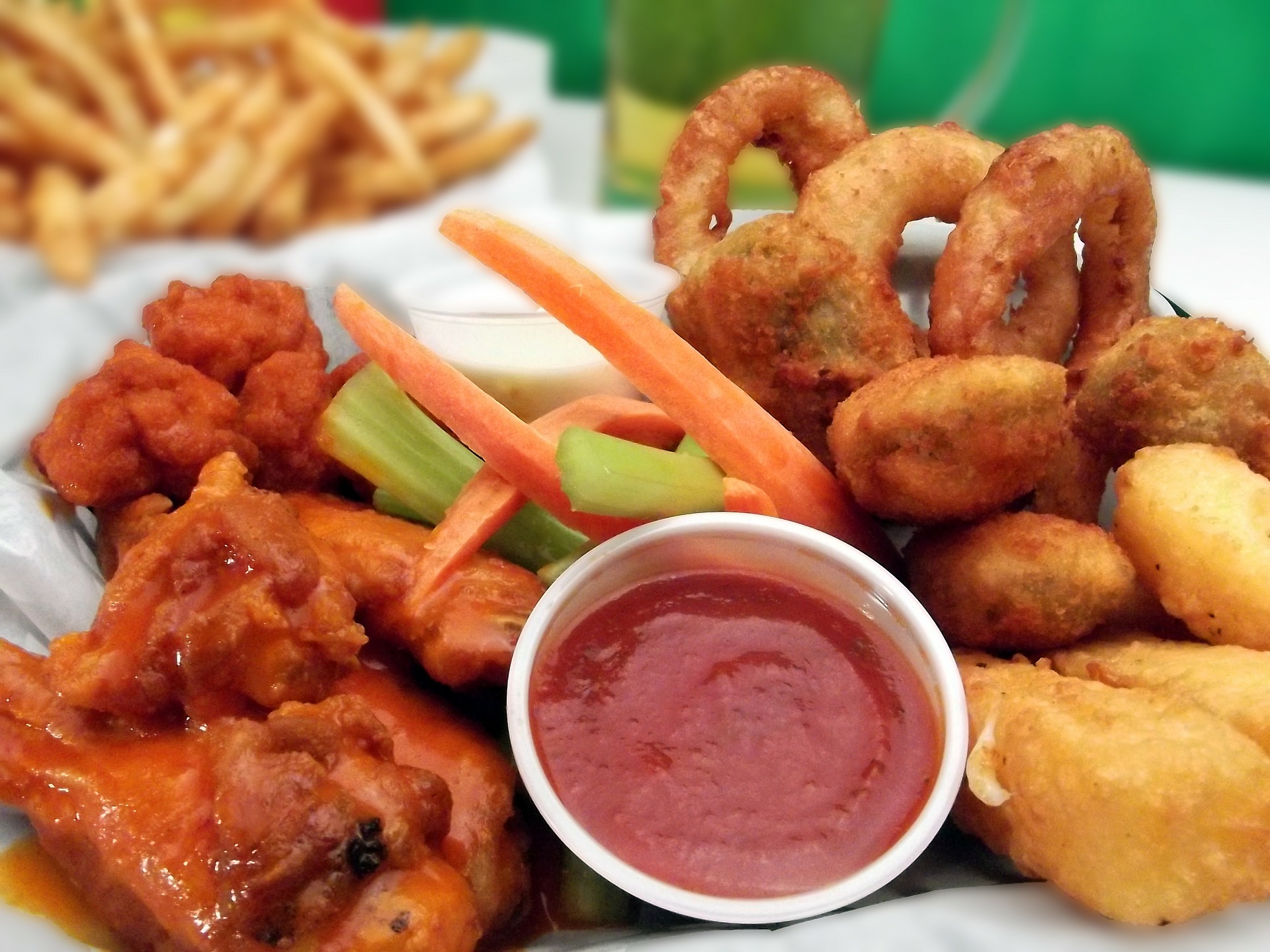
Inflammatory Foods Increase Colon Cancer Risk
Chronic inflammation has been linked to cancer, so avoiding pro-inflammatory foods and activities is an important part of a healthy lifestyle.
A recent study has revealed that inflammation-inducing foods like red and processed meats, sugar, and refined grains increase the risk of colon cancer. Men experience a 44% higher risk, and women 22%, compared to participants with diets that include a lot of vegetables, fruits, and whole grains.
Maintaining the “good” bacteria in your gut also helps protects against inflammation. Following a high veggie, low sugar diet keeps these gut flora healthy.
Vegetarian and Vegan Diets Have the Lowest Cancer Risk
Research shows that vegetarians and vegans enjoy many health benefits. These diets are nutrient-rich, avoid the risks associated with meat, and help people maintain a healthy weight.
- Vegetarian diets are meat-free
- Vegan diet excludes both meat and animal products (like eggs and milk)
The fruits, veggies, and whole grains that make up these diets come with many health benefits, including lower cancer risks.
Recent studies have found that vegetarians experienced a lower risk of developing digestive cancers (like stomach, colon, and pancreatic cancers) when compared to meat-eaters.
Vegans have a lower risk for all cancers, especially female-specific ones like breast, cervical, and ovarian. The vegans studied were compared against a group of healthy omnivores who ate substantially less meat than the general population. These results also factored in other risks like smoking, alcohol, and a family history of cancer.
Because these diets are high in fiber and low in saturated fat, they may also protect against cancers linked to obesity and high insulin levels.
Evidence shows that the fiber, antioxidants, and phytochemicals found in fruits and vegetables lowers the rates of cancer diagnosis and recurrence. Many of the fruits, veggies, and whole-grains used in plant-based diets also contain phytoestrogens, which are nutrients that may help reduce cancer risk.
How to Go Green
Vegetarian and vegan-inspired diets are spreading, especially among younger generations. According to recent surveys, sales of plant-based food grew 8.1% in 2017 and surpassed $3.1 billion.
There are many ways to add more plants to your diet, including the Mediterranean diet, the DASH diet, and the MIND diet.
Switching to a full plant-based diet can be a big lifestyle change, so it may be easier to start small. Even moderate changes in your diet, like replacing one or two servings of animal-based proteins with beans or nuts, can have a lasting positive impact on your health.
A healthy plant-based diet should include:
- Veggies and leafy greens of all varieties as the biggest part of your diet
- A smaller portion of fresh fruit, the more colors the better
- Protein supplied by plant-based options (like beans and lentils)
- Carbs from a variety of whole-grains (like oats, barley, and brown rice)
- A dash of healthy fats (like seeds, nuts, and olive oil)


